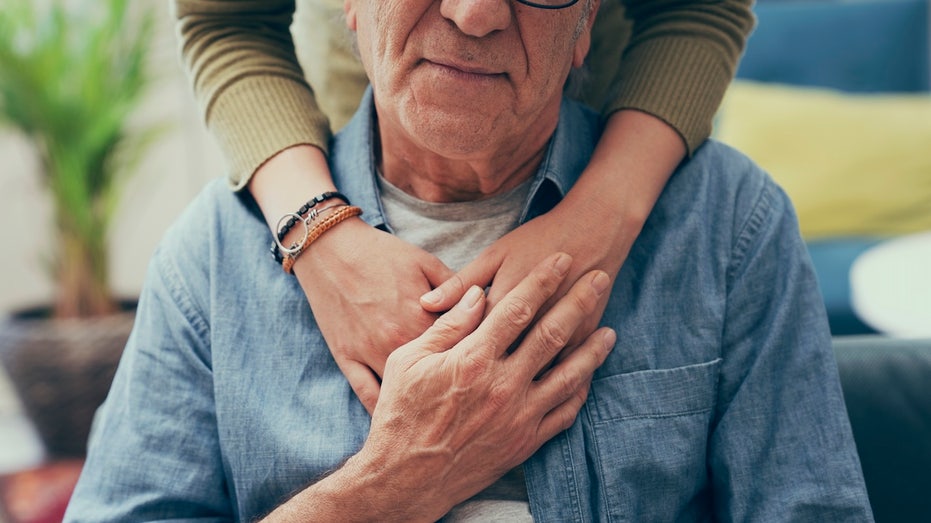Dementia on the Rise: A Neurologist Explains Why and How You Can Lower Your Risk

Sarah Johnson
April 23, 2025
Brief
Dementia rates are rising in the U.S., especially among older adults. Learn about key risk factors, prevention strategies, and why early intervention is crucial.
Dementia rates in the U.S. are climbing, with people over 55 now facing a 42% chance of developing the condition in their lifetime. Researchers project that by 2025, half a million Americans will be diagnosed each year, and that number could double by 2060.
But before you start memorizing your grocery list like it’s an Olympic event, Dr. Joel Salinas, a behavioral neurologist from NYU, insists there are things you can do to tip the odds in your favor.
Demographics are a huge driver. Baby boomers, one of the largest—and now fastest-aging—generations, are pushing rates up as more enter their 70s and 80s. According to Dr. Salinas, age is still the number one risk factor: after 65, your risk climbs, and by 85, it’s a coin flip.
It’s not just the birthdays adding up, though. The pandemic may have played a role, too, as COVID-19 seems to have affected blood vessels in ways that may accelerate dementia in those already vulnerable.
Social factors matter as well. Loneliness and isolation aren’t just ‘bad for the soul’—they can actually increase your risk of cognitive decline. Whether loneliness triggers dementia, or vice versa, is still under debate, but either way, it’s a lose-lose.
There’s some good news: while genetics can play a part, high-risk mutations are rare. Most people can counterbalance their risk with healthy habits. In fact, a major Lancet study says up to half of dementia cases may be preventable with lifestyle changes.
So, what can you do? Start with the basics: eat well, move more, and stay connected. Addressing hearing loss, quitting smoking, cutting back on booze, and getting quality sleep all help. Dr. Salinas points out that deep, restorative sleep—called ‘slow wave’ sleep—helps the brain clear out toxic proteins, so don’t skimp on those Z’s.
Consistency is key. The earlier and more regularly you adopt healthy habits, the more you can lower your risk or delay symptoms. And don’t shrug off memory blips—while forgetting your keys is normal, if forgetfulness starts interfering with daily life, it could be more serious.
Early intervention is everything. Dr. Salinas says 92% of people with mild cognitive impairment go undiagnosed. If you notice unusual symptoms, talk to a healthcare provider—preferably a neurologist, since not all doctors are equally equipped to spot early dementia signs.
Even if there’s no cure, knowledge means you can plan and manage symptoms better. As the saying goes, it’s never too late to stack the deck in your favor—especially when it comes to your brain.
Topics
Editor's Comments
Honestly, with the way baby boomers are aging, it feels like the only thing rising faster than dementia rates might be the price of avocados. But seriously, the fact that almost half of dementia cases could be prevented with lifestyle changes makes me want to take my social life and my sleep more seriously than my gym membership. If only remembering your keys was as easy as forgetting your ex’s birthday.
Like this article? Share it with your friends!
If you find this article interesting, feel free to share it with your friends!
Thank you for your support! Sharing is the greatest encouragement for us.



